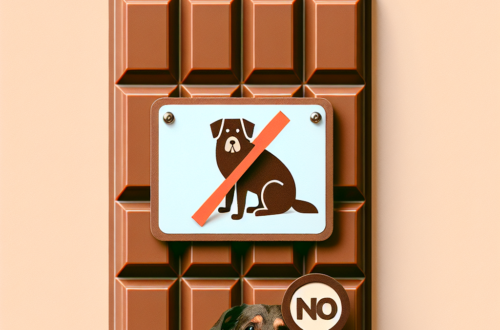Introduction
Dogs are often revered as champions of the nap, masters of the snooze, and connoisseurs of slumber. Yet, despite their reputation for being expert sleepers, there are times when our beloved furry friends just can’t seem to catch those elusive Z’s. From restlessness to anxiety, a variety of factors can disrupt a dog’s sleep patterns, leaving both them and their owners scratching their heads in bewilderment.
The Biological Blueprint
At the core of the issue lies the biological blueprint of our canine companions. While dogs are indeed creatures of habit, their sleep-wake cycles can be influenced by a myriad of factors. Unlike humans, who typically experience consolidated periods of sleep during the night, dogs possess polyphasic sleep patterns, meaning they have multiple sleep-wake cycles throughout the day. This evolutionary adaptation allows them to remain vigilant to potential threats in their environment, even while catching some shuteye.
Physical Discomfort
One of the most common reasons why dogs may struggle to sleep is physical discomfort. Just like humans, dogs can experience aches, pains, and discomfort that interfere with their ability to settle down for the night. Whether it’s due to arthritis, injury, or an underlying health condition, discomfort can make it difficult for dogs to find a comfortable sleeping position and may cause them to wake frequently throughout the night.
Environmental Factors
Environmental factors also play a significant role in determining the quality of a dog’s sleep. Loud noises, bright lights, extreme temperatures, and unfamiliar surroundings can all contribute to feelings of unease and restlessness in our canine companions. Similarly, changes in routine, such as a new feeding schedule or alterations to their usual sleeping arrangements, can disrupt their sense of security and lead to sleep disturbances.
Psychological Stress
In addition to physical discomfort and environmental factors, psychological stress can also impact a dog’s sleep patterns. Dogs are highly sensitive creatures that can easily become stressed or anxious in response to changes in their environment or routine. Separation anxiety, fear of loud noises, and social isolation are just a few examples of stressors that can disrupt a dog’s ability to relax and unwind, making it challenging for them to fall asleep and stay asleep.
Health Concerns
It’s essential to remember that changes in a dog’s sleep patterns can sometimes be a sign of an underlying health issue. Conditions such as anxiety disorders, thyroid imbalances, and neurological disorders can all manifest as sleep disturbances in dogs. If a dog’s sleep problems persist or worsen over time, it’s crucial to consult with a veterinarian to rule out any potential medical concerns and develop an appropriate treatment plan.
Addressing Sleep Issues
Fortunately, there are steps that dog owners can take to help their furry friends get the rest they need. Establishing a consistent bedtime routine, providing a comfortable sleeping environment, and ensuring regular exercise and mental stimulation can all contribute to better sleep quality for dogs. Additionally, addressing any underlying health issues and minimizing sources of stress and anxiety can help alleviate sleep disturbances and promote a more restful night’s sleep.
Conclusion
While dogs may be renowned for their ability to snooze the day away, they are not immune to sleep disturbances. From physical discomfort to psychological stress, a variety of factors can disrupt a dog’s sleep patterns, leaving them feeling restless and fatigued. By understanding the underlying causes of sleep issues in dogs and taking proactive steps to address them, dog owners can help their furry friends get the rest they need to thrive. So, the next time your canine companion is tossing and turning, remember to consider the factors at play and take action to promote a peaceful night’s sleep for both you and your furry friend.




